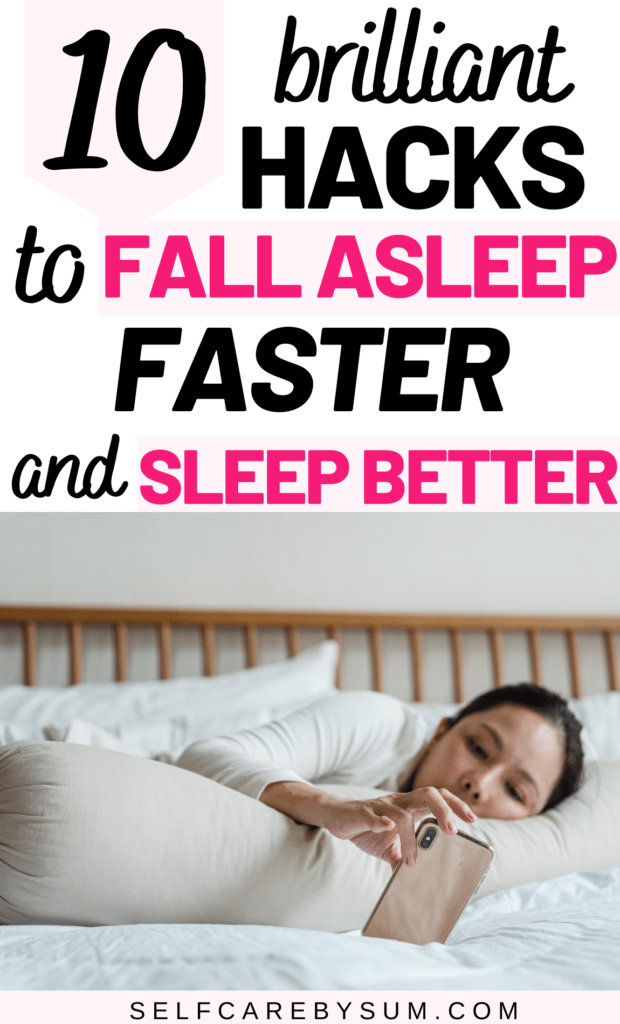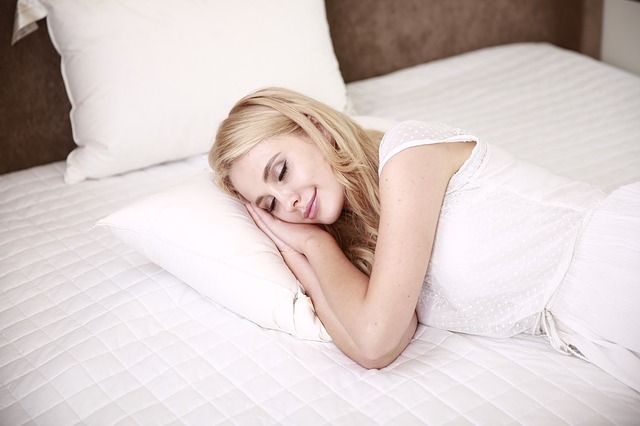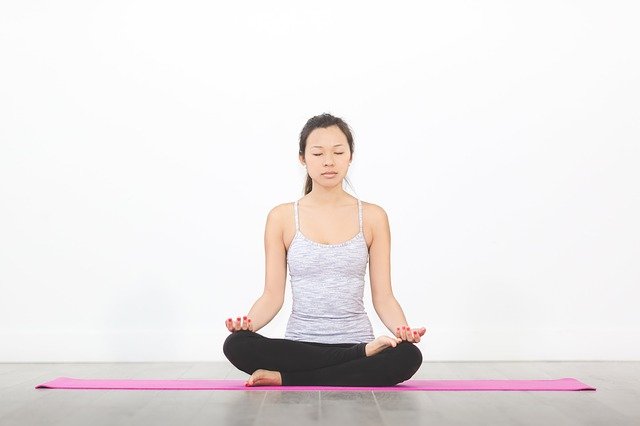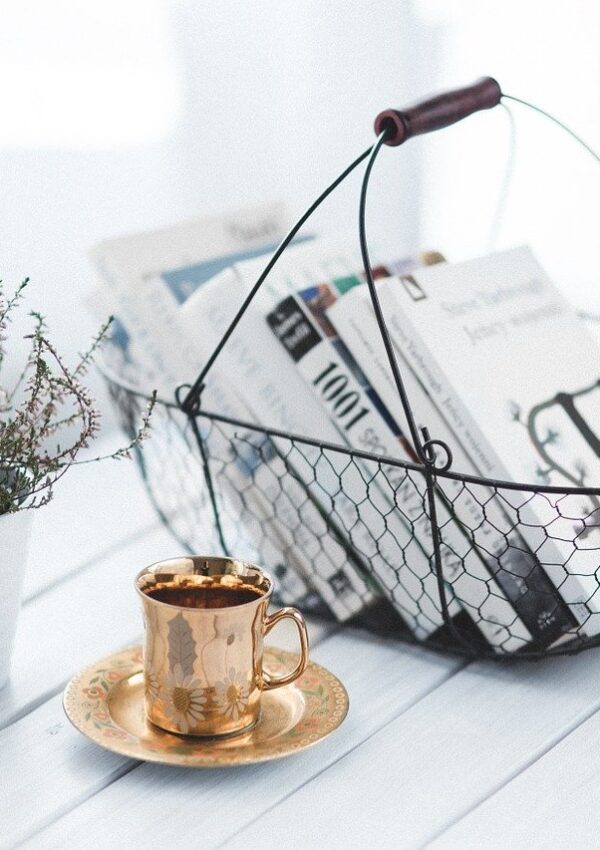This post may contain affiliate links. Please read the full disclosure here.

Having your sleep schedule messed up can be so exhausting and make you very unproductive throughout the day.
Whether it is staying up late for an exam, completing work assignments for a job or anything else that is inhibiting your sleep can be quite stressful! Not being able to sleep well or continuously having it disrupted by waking up in the middle of the night is really irritating.
This is something I can totally relate to as stress from school really triggers my anxiety which in turn makes me restless.
So I have done some research and put together the most useful tips to help you sleep better at night which personally work for me too:)
Tips to help you sleep better at night

Melatonin
You’ve probably heard it a thousand times already but I can’t stress this enough. Melatonin is the key factor in helping you to sleep better.
It is a hormone that is released by the body that gives a signal to your brain that is time to fall asleep.
It regulates our sleep cycle and the body keeps producing it at night to help you stay asleep. In the morning, it automatically lowers which in turn makes you awake.
There are many things which block the melanin production in our body. This makes us restless and unable to fall asleep or wake up multiple times.
1. Blue Light
The usage of blue light at night blocks the melatonin production and signals the body that it is daytime.
According to research, even 0.1 lux of blue light can decrease melatonin, and people with light-colored eyes are more prone to it than individuals with darker eyes.
Therefore, it is important to not use electronic devices like phones, tv, laptop, desktop, etc at night time.
If you’re someone who has to work with computer screens for a longer time especially at night, then wear some blue light blocking glasses or either put on a blue light blocking screen protector over your monitor.
Alternatively, if you’re using mobile phones, then turn them on night mode and avoid using blue led lights in your room.
2. Darkness
Darkness increases the melatonin and helps to have a sound sleep. Dim your lights almost an hour before going to sleep to program your brain that it is now time to sleep.
Additionally, it is important that you’re sleeping in complete darkness to keep the melatonin levels. Use blackout curtains in your room to minimize light and wear a sleep mask if you’re somewhere else.
3. Caffeine
Caffeine reduces your sleep and makes it harder to fall asleep. While it is completely okay to have some caffeine in the daytime to stay fresh, you shouldn’t intake caffeine at nighttime.
Okay I know this sounds horrific because we all love some coffee or tea, but hey it messes with our sleep routine. So NO caffeine in the evening if you want to sleep well.
Nice sleeping environment
Having a nice sleeping environment contributes to better and sound sleep.
4. Comfortable bedding
If you underestimate the power of cozy and comfortable bedding for better sleep, you’re 100% wrong. A comfy mattress goes a long way to ensure that you’re sleeping well.
Similarly, if you suffer from sleep anxiety, then use a heavy blanket or sleep with stuffed animal pillows to ease anxiety. I personally find it really helpful for my anxiety:)
5. White Noise
White noise is a great way to mask loud sounds which makes sleeping difficult. If you have background noise or sleeping difficulties/ anxiety, it can be really helpful for sleeping well.
Either use a white noise machine or put on a white noise Youtube video while sleeping.
6. Room Temperature
The ideal room temperature for sleeping is somewhere in between 60 to 67°F (15.6 – 19.4°C). Sleeping between these temperatures increases the chances of lasting and uninterrupted sleep.
If your sleeping environment is hot, then try using an air cooler or fan for a night of better sleep.
Habits
Changing a few of your habits in the daily routine can have a drastic effect on your sleep.
7. Yoga & Meditation

Okay so if you have never tried both of these before or tried a few times but never really stuck with it, I’d advise you to give it another try.
Yoga and meditation have dramatically reduced my stress. Now to be fairly honest, I don’t do it daily but whenever I’m anxious or stressed, I definitely meditate and do yoga for about an hour or so.
They really help to relax and calm your mind which makes sure that you have a high quality of sleep.
8. Schedule
Try to maintain a fixed sleep schedule as continuously changing it disrupts the body’s natural cycle.
This can cause insomnia and make you unable to fall asleep at your desired time. Moreover, don’t do any work on your bed so your brain associates it with sleeping only.
9. Lavender Oil
Many studies have shown that using lavender oil as aromatherapy can improve sleep quality even for insomniacs and those struggling with anxiety and depression.
It lowers the anxiety, and stress levels as well as menstrual pains so you can sleep well. Use some lavender essential oil before going to sleep or either use a lavender mist spray.
10. Massage oil
We have many pressure points on our feet and thus massaging them can improve circulation, and reduce tension to help you fall asleep faster and longer.
Simply, take pour some olive oil on your hands and gently massage on your feet for 2 minutes. Then put on some warm socks and go to bed!




Leave a Reply